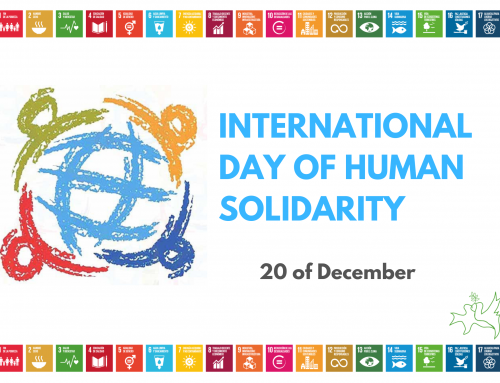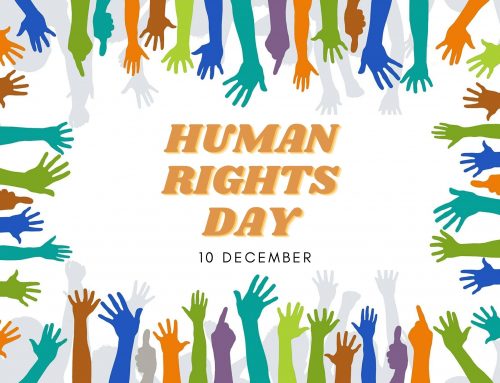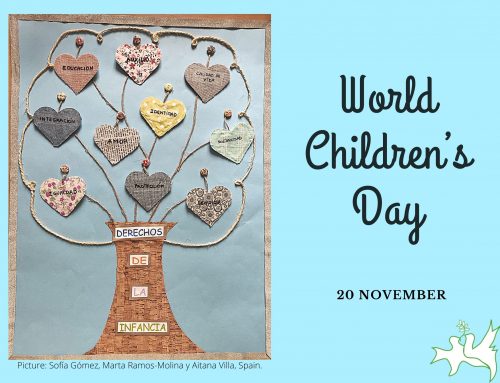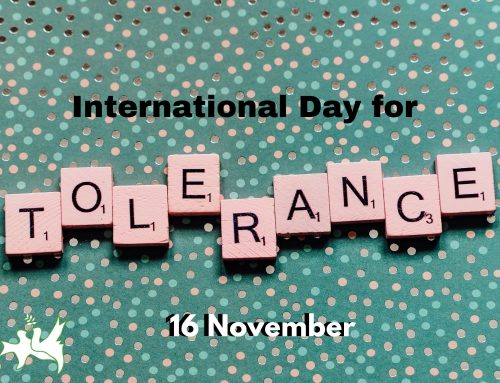Since 2011, every 21st of March, the World Down Syndrome Day has been commemorated. This date was chosen by the United Nations (UN) in December 2011 to remember the dignity of people with Down Syndrome. This genetic condition is suffered by one person in every 1,000 born in the world.
Down syndrome is a condition in which a child is born with an extra copy of his chromosome 21, also called, trisomy 21. This is the reason to commemorate this day on day 21 of month number three, which symbolizes the trisomy of chromosome 21, originated from this syndrome.
The objective of the United Nations (UN) with the choice of a day to celebrate this date is to progressively increase the awareness that exists about Down syndrome. On the other hand, to value the dignity and worth of these people. Every year, they work tirelessly to change prejudices. With the aim of facilitating their integration in employment and society. The inclusiveness of people with Down syndrome is a task yet to be accomplished.
Among other characteristics, Down syndrome include intellectual disability or a higher incidence of heart disease. At birth, the baby presents several symptoms that indicate the possibility of having this disorder, such as flat facial features; small head and ears, short neck, swollen tongue; upturned eyes, uncharacteristically shaped ears, and poor muscle tone.
Down syndrome should be understood as a genetic condition. It should not be perceived as a disease that affect these people in all the activities of their day-to-day life. People with Down syndrome have always had a very short life expectancy and have been discriminated throughout history. However, thanks to medical and social advances this has changed. Currently, about 80% of them are over 50 years old.
One of the main reasons for the celebration of this date is to remember that people with Down syndrome can have autonomy, independence and freedom when it comes to decision-making. The word Down syndrome is associated by many people with traits, but they do not really know that the adjective “Down” was first designated in 1866 by the British doctor John Langdon Haydon Down.
Family is very important for socializing and to acquire valuable values. In the case of people with disabilities, such as Down syndrome, even more. For this reason, the attitude of the family becomes crucial towards the possibilities of labour insertion of these people, and not encouraging attitudes such as overprotection.






